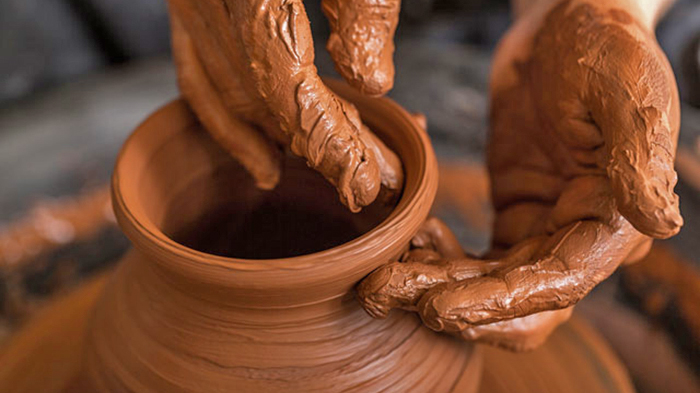
Fr. Ron Rolheiser writes that the most crucial question in our lives, at least during our adult years, shouldn’t be: What must I do to go to heaven, or what must I do to avoid going to hell? It is not that concerns about our own salvation are unimportant or that heaven and hell are unreal; rather, the point is that our deepest motivation has to be to do things for others and not for ourselves. We show our love for God and our intimacy with Jesus by laying down our lives for our neighbor. To dread the loss of heaven and fear the pains of hell can seem like one and the same thing. They’re not. There’s a vast moral distance between dreading heaven’s loss and fearing hell’s pains. Fear of hell is based upon a fear of punishment, and dreading the loss of heaven is based upon a fear of not being a good, loving person. There’s a vast difference between living in fear of punishment and living in fear of not being a good person. We’re more mature and human, and as Christians, when we’re more worried about not being loving enough than when we’re fearful that we will be punished for doing something wrong. The heavenly table is open to all willing to sit down with all. That’s a line from a John Shea poem that spells out succinctly, I believe, a non-negotiable condition for going to heaven, namely, the willingness and capacity to love everyone and sit down with everyone. It’s non-negotiable for this reason: How can we be at the heavenly table with everyone if, for some reason of pride, wound, temperament, bitterness, bigotry, politics, nationalism, color, race, religion, or history, we aren’t open to sitting down with everyone? Jesus teaches this, too, just in a different way. After giving us the Lord’s Prayer, which ends with the words, “Forgive us our trespasses as we forgive those who trespass against us,” he adds, “If you forgive others when they sin against you, your heavenly Father will also forgive you. But if you do not forgive others, your Father will not forgive you.” Why can’t God forgive us if we don’t forgive others? Has God arbitrarily singled out this one condition as his pet criterion for going to heaven? No. We cannot sit at the heavenly banquet table if we are still selective about whom to sit down with. If, in the next life, like here in this life, we are selective as to whom we love and embrace, then heaven would be the same as earth, with factions, bitterness, grudges, hurt, and every kind of racism, sexism, nationalism, and religious fundamentalism keeping us all in our separate silos. Let us not continue acting like the brother of the prodigal son, standing outside the Father’s house, excluded by anger rather than by sin. We can only sit at the heavenly banquet when our hearts are wide enough to embrace everyone else at the table. Heaven demands a heart open to a universal embrace.
